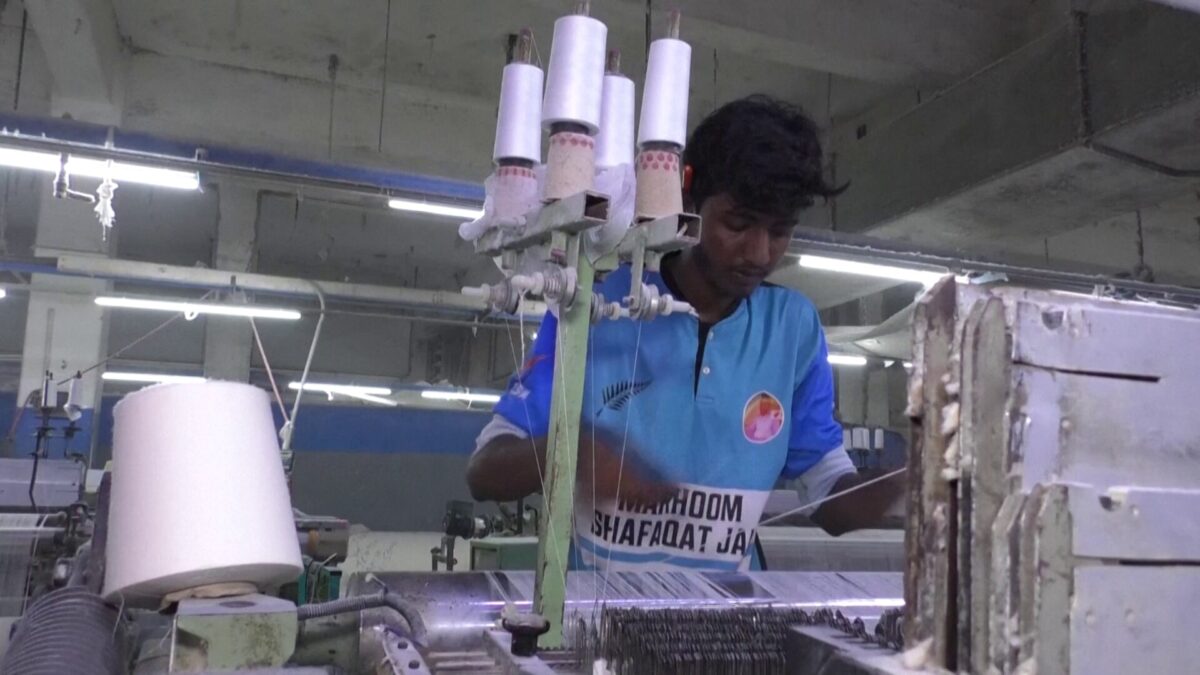Pakistani textile exporters are weighing the implications of a sweeping 29 percent tariff imposed by the United States, a move that business leaders say could disrupt the country’s fragile economy while potentially opening the door to new market opportunities.
The tariff, announced by President Trump this week, is part of a broader wave of trade restrictions that have driven U.S. import duties to their highest levels in a century. Emerging markets, already strained by weak currencies and heavy debt burdens, are expected to face sharp economic headwinds.
The new duties will affect a wide range of goods, hitting some of the world’s poorest nations the hardest. Tariffs on Madagascar’s vanilla rose to 47 percent, while Sri Lankan textiles face a 44 percent levy.
Pakistan, whose textile exports to the United States exceed $4 billion annually, now faces a 29 percent tariff on its goods. Industry leaders warn the increase could inflate prices and reduce competitiveness in one of the country’s largest export markets.
“This tariff could lead to instability in the economy,” said Khalid Riaz, senior vice president of the Sindh Industrial Trading Estate in Karachi. “It raises the cost of our exports to the U.S. by 29 percent. But the tariff on India and China is even higher, so there might be a window of opportunity for us to gain some market share.”
Other exporters expressed concern about the long-term consequences. Abdul Qadir Bilwani, a Karachi-based exporter, said the textile industry would bear the brunt of the policy.
“Pakistan’s textile exports are heavily dependent on the U.S. market,” he said. “Given our ongoing currency issues and a trade deficit that has only recently narrowed, this will hit us hard.”
While some African and Latin American countries have escaped the worst of the tariff increases — Kenya, for instance, faces a 10 percent duty and touted the move as a “competitive advantage” — Asia has been disproportionately affected.
Investors and analysts have warned that the full impact of the tariffs remains unclear. The measures could unsettle global supply chains and exacerbate financial pressures on developing economies, many of which had been hoping to attract new investment after years of stagnation.
“The effects of this shift in global trade policy are unprecedented in the modern era,” one regional economist said. “We’re entering uncertain territory.”





